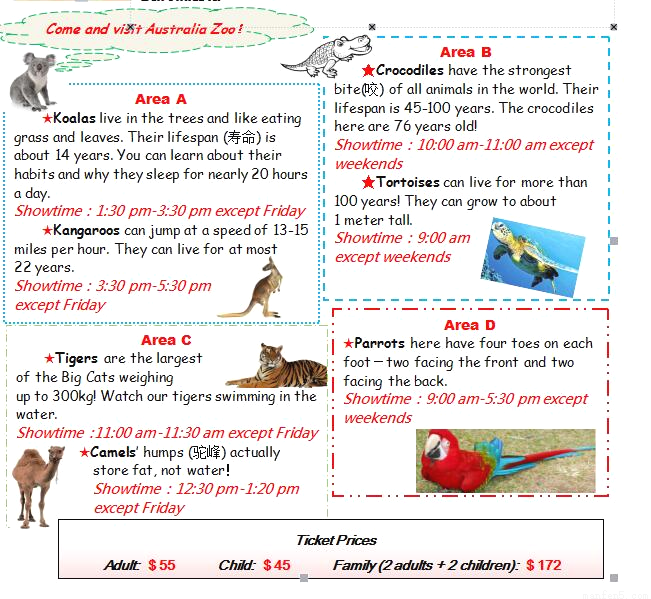0 129483 129491 129497 129501 129507 129509 129513 129519 129521 129527 129533 129537 129539 129543 129549 129551 129557 129561 129563 129567 129569 129573 129575 129577 129578 129579 129581 129582 129583 129585 129587 129591 129593 129597 129599 129603 129609 129611 129617 129621 129623 129627 129633 129639 129641 129647 129651 129653 129659 129663 129669 129677 159627

